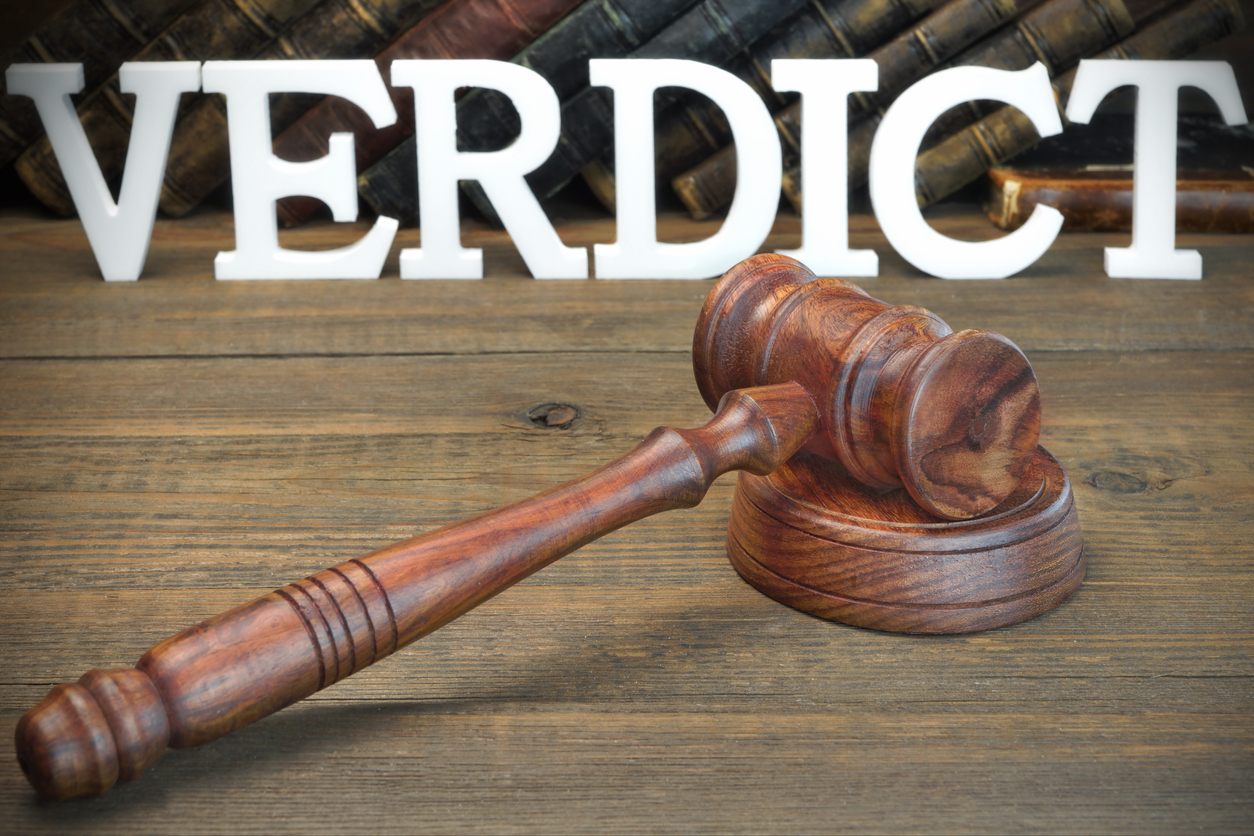While many carriers continue their attempt to exclude overhead and profit from property damage claim payments made on an actual cash value basis, the majority approach across the United States has been to include general contractor overhead and profit in actual cash value payments for losses where repairs would be reasonably likely to require a general contractor, even if no general contractor is used or no repair or replacement is made.
The Colorado Department of Regulatory Agency expressed a similar standard in its 1998 initial issuance, and 2007 re-issuance, of Bulletin No. B-5.1 – Calculation Of Actual Cash Value: Prohibition Against Deducting Contractors’ Overhead And Profit From Replacement Cost Where Repairs Are Not Made.
Colorado DORA Bulletin No. B-5.1 provides:
II. Applicability and Scope
This bulletin is intended for and applies to all property and casualty companies providing replacement cost coverage of dwellings. . .
III. Division Position
Insurers shall be prohibited from deducting contractors’ overhead and profit in addition to depreciation when policyholders do not repair or replace the structure.
. . . .
The position of the Division of Insurance is that the actual cash value of a structure under a replacement cost policy, when the policyholder does not repair or replace the structure, is the full replacement cost with proper deduction for depreciation. Deduction of contractors’ overhead and profit, in addition to depreciation is not consistent with the definition of actual cash value.
When taken into consideration with much of the case law that has developed around the country, the Colorado Division of Insurance Bulletin provides strong support for policyholders’ entitlement to general contractor overhead and profit in actual cash value payments where it is reasonably likely that a general contractor would be required to complete the repairs to the insured property.
More recently, Judge Pratt of Arapahoe County relied on Bulletin No. B-5.1 and case law from other jurisdictions in determining that the law of Colorado with regards to overhead and profit in the context of actual value payments:
[I]s that overhead and profit is to be included as part of the actual cash value determination where it is reasonably likely that the services of a general contractor will be required to repair or replace the covered damage.1
When considering Judge Pratt’s decision, the Colorado Department of Regulatory Agency Bulletin No. B-5.1, and the extensive amount of case law from other jurisdiction, it becomes clear that overhead and profit should be included with payments made on an actual cash value basis in circumstances where the policyholder would be reasonably likely to need a general contractor in repairing or replacing the damaged property in issue under Colorado law.
_______________
1 Woodgate South Homeowners Assoc. v. American Family Mut. Ins. Co., No. 2013cv30784 (Colo. Dist. Ct. Oct. 20, 2014).



